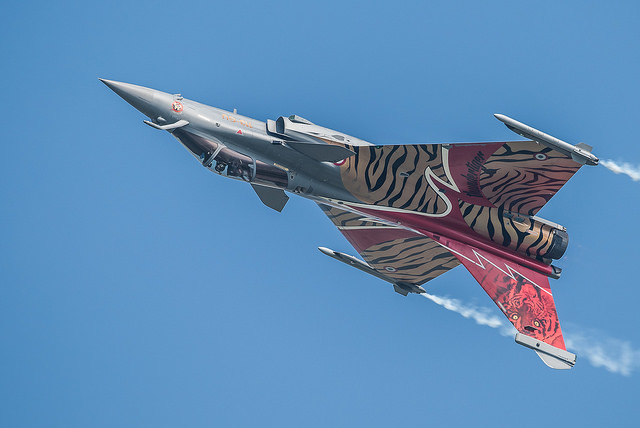Sea, air and land updates
Sea State
Russian Defence Minister Sergei Shoigu has detailed ambitious efforts to modernise the navy’s nuclear-powered submarines. Moscow is modernising 12 nuclear-powered submarines, with the boats intended to serve another 20 years. The modernisation effort is intended to bring the submarines up to the same technological level as Russia’s next-generation nuclear-powered boats, such as the Project 885M Yasen-class submarines.
India’s INS Trikand—a stealth frigate of the Indian Navy—reached Turkey yesterday, marking the start of a three-day visit. The sophisticated warship is equipped with a versatile range of weapons and sensors capable of addressing air, surface and sub-surface threats. The visit is part of an overseas deployment to West Asia, Africa and Europe to strengthen relations with friendly countries.
Sweden hasn’t ruled out the possibility of applying to join the British-led Joint Expeditionary Force (JEF), according to Defence Minister Peter Hulyqvist. The 10,000-strong JEF began in 2012, and is designed to operate independently or in support of NATO, European Union or United Nations mission in the Arabian Gulf, the Middle East or in Europe. After Russia’s annexation of Crimea, Sweden has intensified efforts to shore up its security by joining bilateral or multilateral cooperative defence mechanisms in Northern Europe.
Flight Path
The US Air Force has announced that a contract to develop the top-secret Long-Range Strike Bomber (LRS-B) will be delayed for a couple of months. The delay was revealed by Lieutenant General Arnie Bunch, the US Air Force’s deputy assistant secretary of acquisition, during a hearing of the US House of Representatives Armed Services Committee’s Seapower and Projection Forces Subcommittee. Defense News takes a look at the delay announcement here. ICYMI, ASPI’s Andrew Davies previous took a three-part look at the project here on The Strategist.
Despite numerous flaws, the Indian government has decided to induct at least seven squadrons of the indigenously-made Tejas Mark 1-A Light Combat Aircraft into the Indian Air Force (IAF). Joseph Trevithick over at War is Boring takes a look at the announcement, concluding that he isn’t sure whether the decision to buy poorly performing Tejas is a solution to the IAF’s dwindling number of fighters.
The National Interest has published an article looking at the virtues of the Russian Su-24M2 Fencer. Russia has 12 of the jets currently deployed to base in Latakia, Syria.
Rapid Fire
NATO’s Trident Juncture 2015 exercise kicked off over the weekend. The exercise involves 36,000 personnel from more than 30 nations, with activities taking place across Europe, Canada, the Mediterranean and the Atlantic Ocean. At the conclusion of the exercise, staff at Joint Force Command Brunssum will be certified to lead the NATO Response Force for the duration of 2016.
War Is Boring has published a piece on the pros and cons of Russian land combat robots. The scenario under consideration is one suggested by a Russian defence trade newspaper Military-Industrial Courier (link in Russian), in which author Leonid Orlenko argues that a ‘robot company’ would minimise human losses in the event of a large scale war—possibly with NATO. According to the article, existing military platforms can be automated relatively quickly. In one case, the Russian military put a robot humanoid on an armed quad-bike. It’s no Terminator on a Harley Davidson, but it’s a start.
In other automation news, the US Army is testing unmanned gun towers that can be operated with an Xbox controller. The system allows use of video feeds and thermal imaging to detect objects, all while the soldiers sit semi-comfortably inside the tactical operations center—hopefully not while playing Call of Duty.










